The Insurance Guide for Ontario Contractors: What You Really Need to Know
If you’re a contractor in Ontario, having the right insurance isn’t just a nice-to-have – it’s often a legal requirement and essential for protecting your business and winning jobs. Let’s break down exactly what you need to know about contractor insurance in plain language.
Why You Need Contractor Insurance
Simple fact: Most clients won’t hire you without proof that you have proper insurance coverage. Plus, it protects you from potentially devastating costs if something goes wrong on a job site. Whether you’re building a deck or managing a large construction project, having insurance means you can focus on your work without worrying about what could go wrong.
Must-Have Insurance Coverage - The Key Components
- Commercial General Liability (CGL) Insurance
- Commercial Property Insurance
- Professional Liability Insurance
- Commercial Auto Insurance
Each of these components plays a crucial role in protecting different aspects of your business. As we progress through this guide, we’ll explore each of these in detail, helping you understand their importance and how they apply to your contracting work in Ontario.
1. Commercial General Liability (CGL) Insurance
This is your most important coverage. CGL insurance protects you in cases where someone gets hurt on your job site or if you accidentally damage a client’s property. It also covers your legal defence costs if you face a work-related lawsuit. Without this coverage, a single accident could bankrupt your business.
Key aspects of CGL insurance include:
- Coverage for accidents on job sites
- Protection against property damage claims
- Defence costs for lawsuits
- Coverage for completed operations
2. Tools and Equipment Insurance
Your tools and equipment are essential to your livelihood, and this insurance makes sure they’re protected whether stored at your shop or out on a job site. If your tools get stolen or damaged, you won’t have to pay out of pocket to replace them, letting you get back to work quickly without a major financial setback
3. Commercial Auto Insurance
Any vehicles you use for work – even your personal truck – need commercial auto coverage. This insurance protects you while you’re transporting tools and materials, driving between job sites, or if you get into an accident while on business. Regular personal auto insurance won’t cover you if you’re using your vehicle for work purposes.
4. Professional Liability Insurance
Also called E&O (Errors and Omissions) insurance, this coverage is crucial if you design anything for clients or give professional advice. It protects you from lawsuits claiming you made mistakes in your work or failed to meet professional standards. This is particularly important for contractors who provide design services or specialized consulting.
5. Commercial Property Insurance
If you have a shop, office, or storage space, property insurance is essential. This coverage protects your buildings and workspace, stored materials and supplies, and office equipment from damage due to fire, theft, or natural disasters. It ensures that a single incident doesn’t wipe out your entire business infrastructure.
Additional Important Coverage Types
Builder's Risk Insurance
When you’re working on new construction or major renovations, builder’s risk insurance is crucial. This coverage protects the building while it’s under construction, including materials on site, from damage due to weather, fire, or vandalism. The policy typically lasts until project completion and can be essential for winning larger contracts.
Surety Bonds
While not technically insurance, surety bonds serve as a guarantee of your work. They’re often required for government projects or large commercial contracts. These bonds protect your clients’ down payments and guarantee project completion according to specifications. Think of them as a promise backed by financial security that you’ll complete the work as agreed.
Cyber Liability Insurance
In today’s digital world, cyber liability insurance has become increasingly important. If you store client information digitally, use project management software, or handle electronic payments, this coverage protects you from data breaches and cyber attacks. A single data breach could expose sensitive client information and result in significant financial and reputational damage.
Environmental Liability Insurance
Environmental liability coverage is essential if your work involves hazardous materials or could potentially cause pollution. This insurance covers cleanup costs and damages if your work causes environmental contamination. It’s particularly important for contractors working in environmentally sensitive areas or dealing with potentially harmful substances.
Insurance Based on Your Trade
Different trades need different coverage. Contractor’s Insurance can be tailored to your specific business needs. Here’s what to focus on:
Electricians
Electricians need particularly high liability coverage due to the risk of electrical fires. Your insurance should cover your expensive testing equipment and protect against power surge damage claims. The high-risk nature of electrical work means you can’t afford to skimp on coverage.
Plumbers
Plumbing contractors need comprehensive water damage coverage and protection for underground work. Your insurance should also cover potential contamination risks. Given that water damage can be extensive and expensive, make sure your coverage limits are adequate for worst-case scenarios.
Carpenters and General Contractors
Carpenters and general contractors require broad liability coverage for structural work. Your insurance needs to cover not just your tools and materials, but also to protect you when working with subcontractors. Since structural work can have long-lasting implications, make sure your coverage extends to completed work claims.
HVAC Contractors
HVAC professionals deal with complex systems and potential environmental hazards. They require specialized coverage for equipment breakdown and system design work. Your insurance should include protection for environmental risks associated with heating and cooling systems. Coverage for testing and commissioning of systems is also important.
Landscapers
Landscaping contractors need coverage that accounts for chemical use like pesticides and herbicides. Your insurance should protect your outdoor equipment and cover weather-related work interruptions. Consider coverage for damage to underground utilities and protection for trees and plants in transit.
Factors Affecting Insurance Costs for Contractors
Understanding what influences the cost of your insurance can help you make informed decisions and potentially reduce your premiums. Several factors come into play when insurance companies determine rates for contractors:
Type and Size of Business
The nature and scale of your contracting business significantly impact insurance costs. A small, home-based carpentry business will likely have lower premiums than a large general contracting firm managing multiple projects simultaneously.
Years of Experience
Insurance companies often view experienced contractors as a lower risk. Demonstrating a long history of successful projects and a clean claims record can lead to more favourable rates.
Location of Operations
Where you primarily work affects your insurance costs. Urban areas with higher population densities might lead to higher premiums due to increased liability risks.
Annual Revenue
Your business’s annual revenue is a key factor in determining insurance costs. Higher revenue often correlates with more extensive operations and potentially higher risks.
Claims History
A history of frequent claims can significantly increase your insurance premiums. Maintaining a clean record through effective risk management practices can help keep costs down. Ensuring that your workers are trained properly and documenting your safety procedures is indicative of a proactive approach to risk management.
Getting Started with Insurance
Don’t wait until something goes wrong to get proper coverage. Look for an insurance provider who:
- Understands contractor work
- Can explain things clearly
- Offers a package that fits your specific trade
Next Steps
Take stock of:
- What types of jobs you do
- What equipment you own
- How many employees you have
- What vehicles you use for work
This information will help you get accurate quotes and the right coverage for your business.
Remember: Good insurance isn’t about getting the cheapest coverage – it’s about having the right protection when you need it. One major incident without proper coverage could put you out of business, while the right insurance keeps you working even when things go wrong.
At McLean & Dickey Insurance, we understand the unique challenges faced by contractors in Ontario. Our team of experienced professionals is dedicated to helping you find the right insurance solutions that fit your specific needs and budget. Don’t leave your hard-earned business vulnerable to risks – take the first step towards comprehensive protection today.
Need help figuring out the right insurance for your contracting business? Contact McLean & Dickey Insurance for a free consultation.




